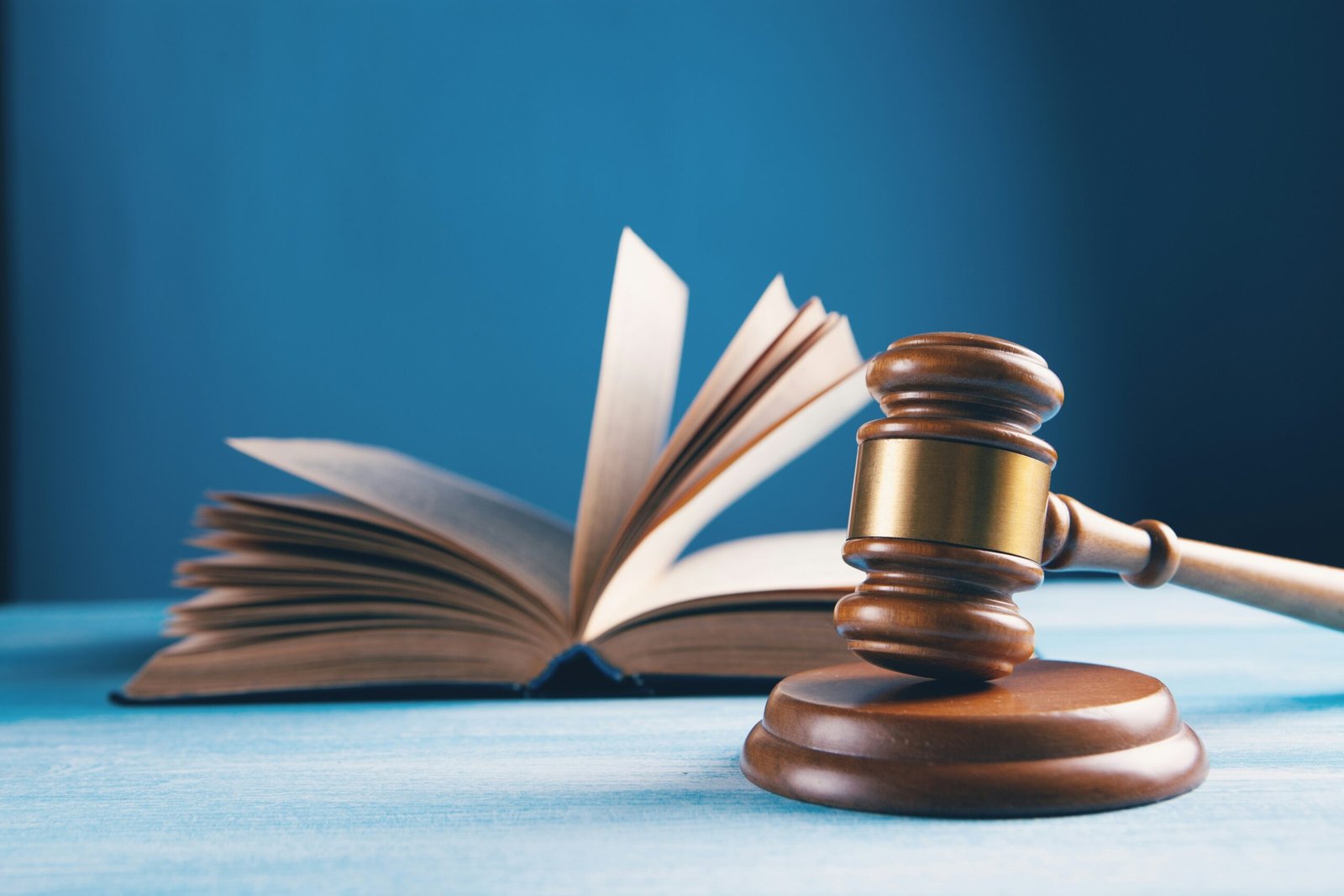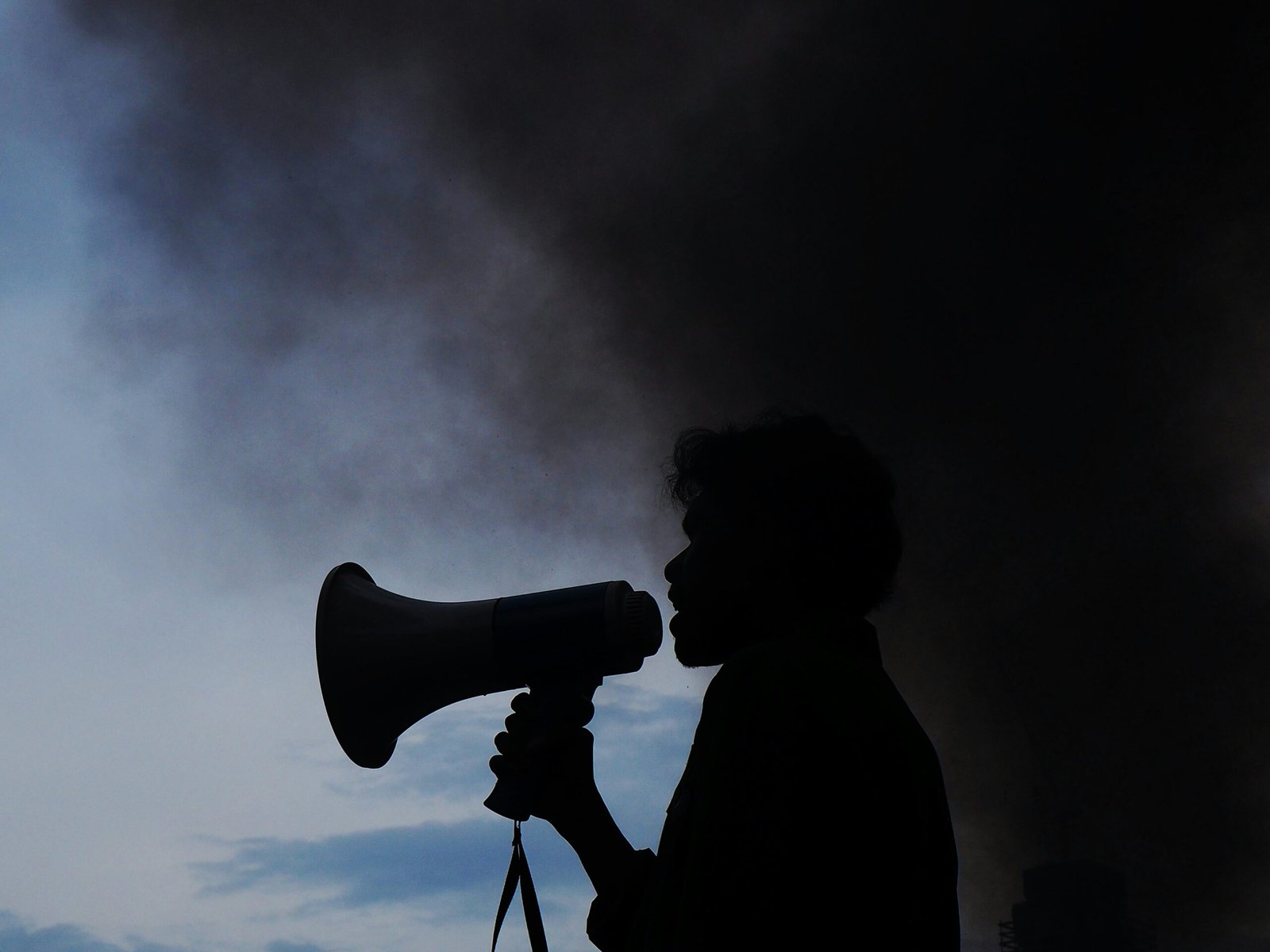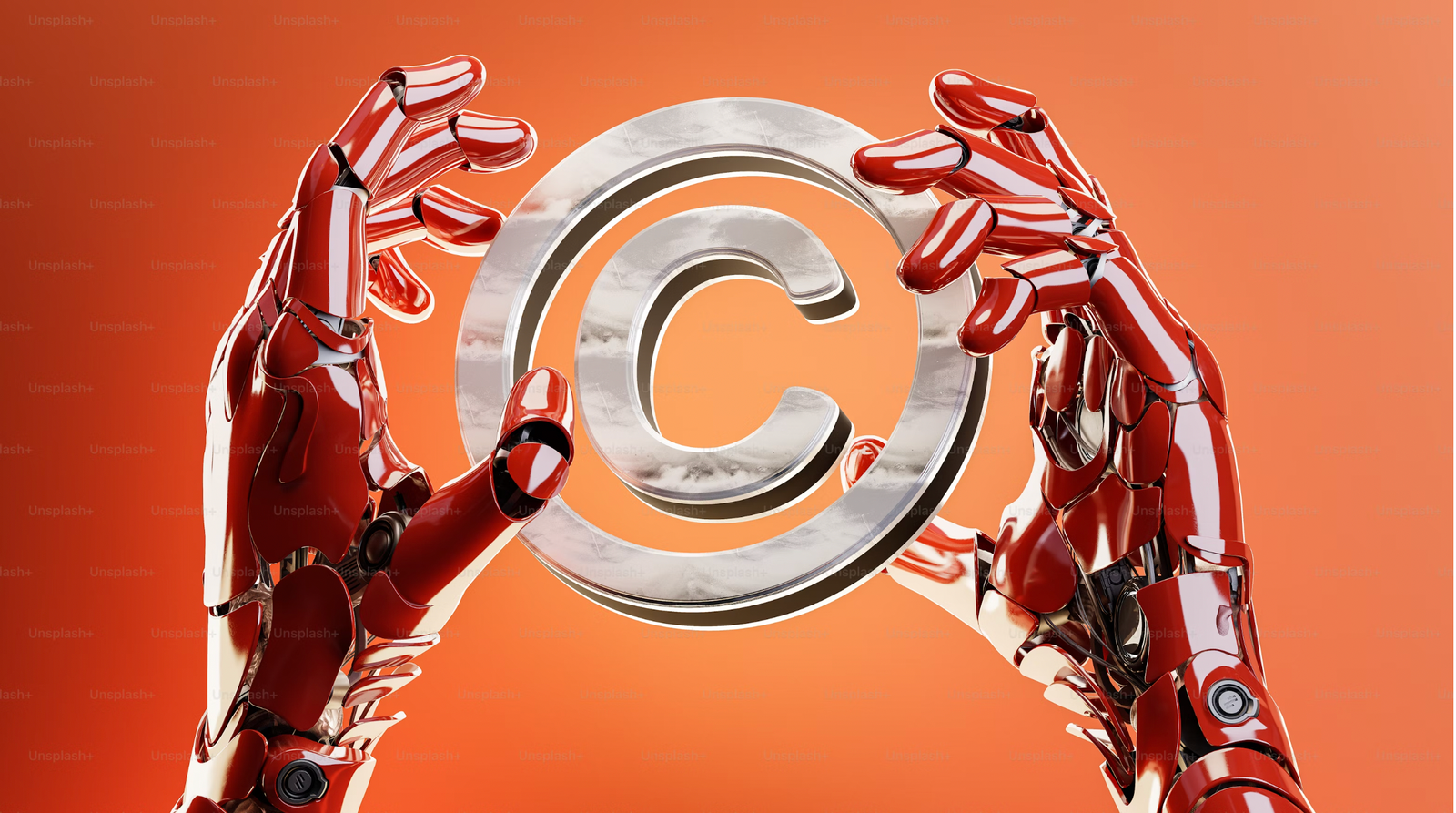Emerging Litigation Podcast
Unraveling “Reverse Discrimination” with Leah Stiegler
What happens when workplace discrimination claims come from members of majority groups? In this episode of the Emerging Litigation Podcast, attorney Leah Stiegler of Woods Rogers unpacks the Supreme Court’s unanimous decision in Ames v. Ohio Department of Youth Services. The Court’s ruling—eliminating the “background circumstances rule”—marks a major shift in how discrimination cases are evaluated, reinforcing that Title VII protects everyone equally. Leah shares insights from mock jury trials, explores how geography and community values affect verdicts, and breaks down what employers should know about evolving discrimination standards.
Authentic Business Development for Litigators: Stop Chasing Cases and Start Building Clients with John Reed
What if waiting for lawsuits is the worst growth strategy a litigator can have? In this episode of the Emerging Litigation Podcast, host Tom Hagy speaks with John Reed, founder of Rain BDM and host of Sticky Lawyers, about how litigators can build authentic, lasting client relationships instead of chasing the next case. John shares practical insights on defining your professional brand, using emotional intelligence in business development, and adapting your natural style—especially for introverts or those navigating remote mentorship. Whether you’re a new associate or a seasoned partner, this episode offers a roadmap for making your practice more resilient, visible, and genuinely client-centered.
New and Improved Antitrust Whistleblowing Incentives with Julie Bracker and Dan Mogin
Can whistleblowers reshape antitrust enforcement the way they’ve exposed fraud in other industries? In this episode of the Emerging Litigation Podcast, host Tom Hagy talks with Julie Keeton Bracker of Bracker & Marcus and Dan Mogin of Mogin Law about the Department of Justice’s new push to encourage insider reporting in antitrust cases. They explore the history of qui tam actions, the power of the False Claims Act, and how individuals could soon play a bigger role in uncovering price-fixing, bid-rigging, and other anti-competitive schemes.
A Shameless Plug for Our Content Services
Your content marketing is everything you’ve ever dreamed of. Right?

Critical Legal Content was founded by Tom Hagy, former Editor & Publisher of Mealey’s Litigation Reports and VP at LexisNexis, founder of HB, current litigation podcaster and editor-in-chief. CLC’s mission is to help smaller firms and service providers not only create content — blogs, articles, papers, webinars, podcasts (like the stuff on this site) — but also to get it out there. How? Via social media, this website, your website, and potential via our podcast and journal which we publish in collaboration with vLex Fastcase and Law Street Media. The goal is to attract readers and dizzy them with your brilliance.
*Inspired by actual events.
Create content like a real legal publisher.
Emerging Litigation Journal
Ninth Circuit Rejects Religious Accommodation Claim in COVID Testing Case
The Ninth Circuit has rejected a religious accommodation claim from a healthcare worker who objected to weekly COVID-19 testing, holding that the employee failed to show a bona fide religious conflict and that the employer’s masking-and-testing accommodation was reasonable. The ruling offers valuable guidance for employers navigating post-pandemic accommodation requests. Read the full analysis for key takeaways.
California AI Hiring Law Takes Effect, Mandating Bias Audits
California’s new AI hiring regulations take effect on October 1, 2025, requiring employers to conduct bias audits and increase transparency when using automated decision systems. With broad definitions of ADS and new FEHA liabilities, employers must prepare now to stay compliant. Read the full analysis to understand what steps your organization should take next.
Montana Court Awards $2.9 Million in Fees to Youth Climate Plaintiffs After Landmark Constitutional Win
A Montana District Court has awarded nearly $3 million in fees and costs to youth plaintiffs after their landmark constitutional victory recognizing a right to a stable climate system. The ruling highlights the societal importance of the case, the inequity of resources between the parties, and the critical role of private enforcement in protecting environmental rights. Learn more in the full article.
HB Webinars on CeriFi LegalEdge
Sexual Abuse & Insurance
Join Marshall Gilinsky and John Lacey of Anderson Kill, along with Brian Della Torre of ARMR, for a CLE webinar focused on navigating sexual abuse claims through insurance recovery. Learn how to locate and leverage historic liability policies, understand allocation and occurrence issues, and overcome common insurer defenses. Discover how institutions can access valuable coverage through strategic claims, litigation tactics, and insurance archaeology.
Am I Covered For? . . . A Discussion of Insurance Coverage Issues
Join Steven J. Pudell and Christina Yousef of Anderson Kill and William Harrison of Gallagher for an engaging CLE webinar introducing the fundamentals of insurance coverage. This session breaks down the differences between first-party and third-party claims and provides an overview of key insurance policies—including general liability, property, D&O, E&O, employment practices, cyber, commercial crime, and product recall. Through real-world examples and practical tips, the panel will highlight common challenges policyholders face and how courts have addressed key coverage issues. Ideal for those new to insurance or looking for a comprehensive refresher.
Cyber and Privacy Risk and Insurance in 2025: Part I—”the Basics”
Join leading experts Joshua Gold and Luma Al-Shibib of Anderson Kill, P.C., and Miranda Jannuzzi of Aon for Cyber and Privacy Risk and Insurance in 2025: Part I—"The Basics”, a foundational CLE webinar that explores the evolving cyber threat landscape and how insurance can (or can’t) help mitigate losses. Learn about key cyberattack vectors, common pitfalls in the path to coverage, and the latest developments in privacy-related risks and insurance products. Ideal for those looking to strengthen their understanding of cyber risk and insurance fundamentals.





















